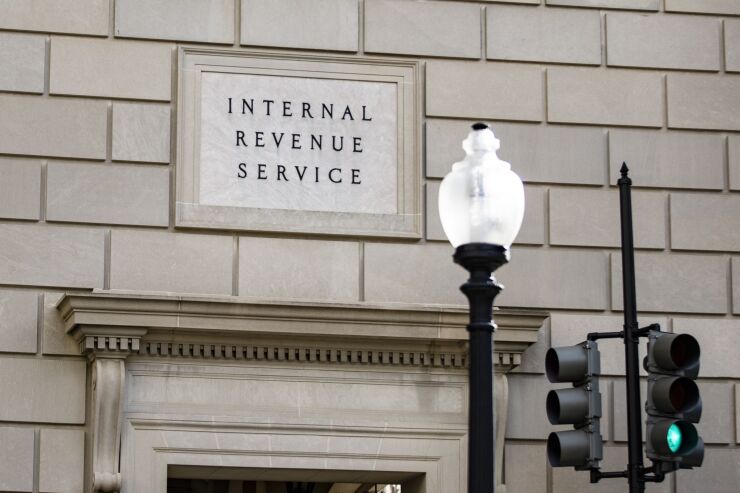The Internal Revenue Service is extending tax relief on required minimum distributions from inherited individual retirement accounts and annuities not made in 2024 after providing similar relief in recent years.
In
The notice says that if certain requirements are met, a plan won't fail to be qualified for failing to make a specified RMD in 2024, and a taxpayer won't be assessed an excise tax for failing to take the RMD.

Section 401(a)(9) of the Tax Code requires a stock bonus, pension, or profit-sharing plan (or an annuity contract) to make minimum distributions starting by the required beginning date, as well as minimum distributions to beneficiaries if the employee dies before the required beginning date.
The notice also says the final regulations that will be published on RMDs are expected to apply for purposes of determining RMDs for calendar years starting on or after Jan. 1, 2025.
The notice points to some of the changes in the original SECURE Act that loosened the rules for RMDs. For example, the Setting Every Community Up for Retirement Enhancement Act of 2019 said that if an employee in a defined contribution plan has a designated beneficiary, the five-year period under the five-year rule is lengthened to 10 years, and the 10-year rule applies regardless of whether the employee dies before the required beginning date.
The Treasury Department and the IRS published proposed regulations regarding RMDs and the 10-year rule in February 2022. In response to comments received on the proposed regs, the Treasury Department and the IRS issued





